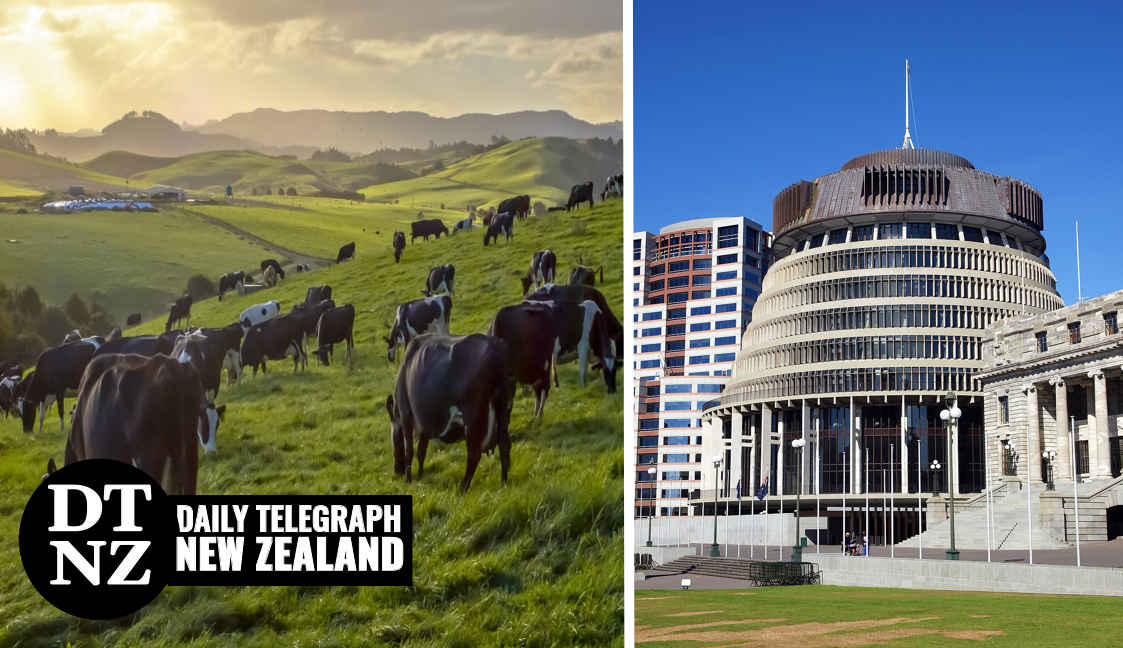Local elections are upon us, that moment in time when the people speak and politicians appear to listen.
For 2022 it’s an event worth noticing. Local councils are in the news more than ever with the Three Waters juggernaut gathering steam amid a great deal of opposition. Repeal and replacement of the Resource Management Act looks likely to shift responsibility for district planning away from district councils to a more regional approach. Government is on at councils to do more about climate change.
Meanwhile, a major review into the Future for Local Government is underway, due to put out a draft report in September to wrap up next year. This is of course all very “cart before the horse”, it should have occurred before local government was proposed to be stripped of half of its functions! But it’s happening and there are strong odds that, within this next election term, the shape of local government will be considerably changed. In this climate there are growing worries about loss of local democracy and representation. The Government’s reforms, when viewed together, mean that territorial authorities will be left with only a small subset of their previous responsibilities (e.g., local roads, parks, recreation, and emergency management).
Roads and waste management could easily be next. What will be left for councils to do except perhaps the promotion of ‘wellbeing’? Will anyone vote for them?
An additional element to these reforms is the addition of Treaty of Waitangi responses in the new governance functions being established. Under the resource management reform ‘Regional Planning Committees’ will have iwi appointees while under Three Waters Reform the new entities will have fifty percent iwi co-governance.
The role of local councils and the Treaty of Waitangi are important issues for rural communities to discuss and debate. Our view is that local democracy and representation should remain local, with proposals for local government reorganisation and representation determined locally and not imposed centrally.
Moreover, Federated Farmers believes that if change is to occur, it needs a strong mandate established by a debate on the future of local democracy, with the accent on local.
The Future of Local Government Review needs to be given a much broader mandate to have this discussion with rural and urban communities.
The Three Waters and resource management reform should be paused until we have first established how we all see our local democracy operating in 2030 and beyond.
Federated Farmers continues to advocate for isolated and remote rural communities being represented by rural wards. In many areas our local provinces have supported Māori wards. Māori wards are a way of defining a community of interest, within a system for electing councillors. By the same token we also support fair representation for isolated rural communities with distinct communities of interest. They are certainly superior to appointed governance elites imposed from on high.
So, what do we want from councils and councillors as they grapple with this uncertain future? They should commit to engaging with the local community on the Future of Local Government Review, including discuss with the community the value they see in local representation and gauge community support for further regionalisation of local government services. We want them to think local.
Amalgamation of local services to the regional level should only occur where it has the support of local communities. We also want them to ensure their council’s representation arrangements reflect local circumstances and the needs of local communities, including rural communities and Māori. And what do we want from Government? It’s simple: rethink your approach.
Keep it local and rather than imposing a new elite, let the people continue to have their say on the things that matter.

It does not matter. Local body elections are boycotted by most voters. Hardly a third vote even after the introduction of postal ballot. Local bodies no longer serve the rate payers. Rates have become taxes because most of the rates are spent on non-essential work. Only a part goes towards (about a third) essential services such as sewage/waste disposal, water and roads. Councils are dominated by system pigs who take huge salaries, mortgage assets to banks, spend the rates in a partisan manner such as benefitting real estate agents or busineses.
In many cases, a farmer owning 100 hectres of land pays less rates than a life style property (unserviced) owner owning one hectre. While the value of the property is partly used for fixing rates, there is big disparity in rates across the country. Big councils borrow to keep rates low while small councils borrow for expenses that are disportinate to the number of rate payers, which results in huge increase in rates for years to come. This is due to the system pigs who cite regulations or promotion of the local body to borrow and spend. The more you lobby, the less equity in the rates in general.
The only solution is to ban local bodies from borrowing from banks and legislate not to increase the rates beyond the ongoing inflation. There are many slimy interest groups who work on their own welfare, including the system pigs who run the local bodies. They wont let to change the status quo fundamentally changes other than tinkering here and there.
Exactly